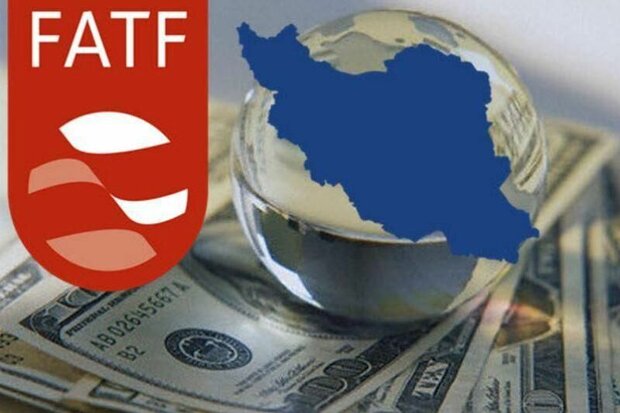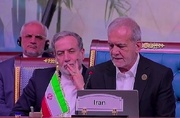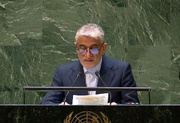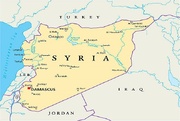“If before February 2020, Iran does not enact the Palermo and Terrorist Financing Conventions in line with the FATF Standards, then the FATF will fully lift the suspension of counter-measures and call on its members and urge all jurisdictions to apply effective counter-measures, in line with recommendation 19,” the FATF said in a statement on Friday.
It expressed “disappointment” that Iran has so far failed to adopt the FATF standards, saying that Tehran is expected to “proceed swiftly in the reform path to ensure that it addresses all of the remaining items by completing and implementing the necessary Anti-Money Laundering and Counter-Terrorist Financing reforms.”
The watchdog had earlier extended the suspension of its counter-measures several times as Iran’s legislature was engaged in passing the relevant bills.
In October 2018, Iran's parliament approved four bills put forward by the government to meet standards set by the FATF. Only two of them have so far gone into effect and the fate of the two others, one on Iran’s accession to the United Nations Convention against Transnational Organized Crime and the other one a bill amending Iran’s Combating the Financing of Terrorism (CFT) law, is still in limbo.
On October 14, 2019, Member of Expediency Council (EC) Hojatoleslam Gholamreza Mesbahi Moghaddam informed that the expediency Council has stopped investigating Palermo bill adding that “after a year of having the bill discussed in the council, since the sanctions are not lifted yet, the bill is considered rejected based on the view of the Guardian Council.”
“The expediency council was expected to vote on Palermo bill [the bill that endorses Iran's accession to the UN Convention on Transnational Crime] and now it has passed the set deadline,” he said.
“Accordingly, the council cannot make any decisions about the bill,” he added.
“The Guardian Council could interfere with the issue before having the case referred to the Expediency council but now the final vote is the one issued finally by the Guardian Council i.e. the Palermo bill is off agenda,” he explained.
In mid-June, the Financial Action Task Force (FATF) announced that Iran had to complete reforms that would bring it into line with global norms or face consequences until October.
However, it said that the FATF can only consider laws which are approved completely.
One of the actions Iran was required to take to appease the FATF is joining the United Nations Convention against Transnational Organized Crime (UNTOC), which is also called the Palermo Convention, a 2000 United Nations-sponsored multilateral treaty against transnational organized crime.
The other action was to ratify the CFT, the convention combatting financing of terrorism.
On October 7, 2018, the Majlis (parliament) voted in favor of the CFT. However, the oversight Guardian Council rejected the bill by finding 22 faults with it.
To become a law, the Guardian Council should vet the bill for compliance with the Constitution.
In cases when the parliament and the Guardian Council disagree on a bill, the issue is referred to the Expediency Council for final arbitration.
MNA/PressTV





















Your Comment